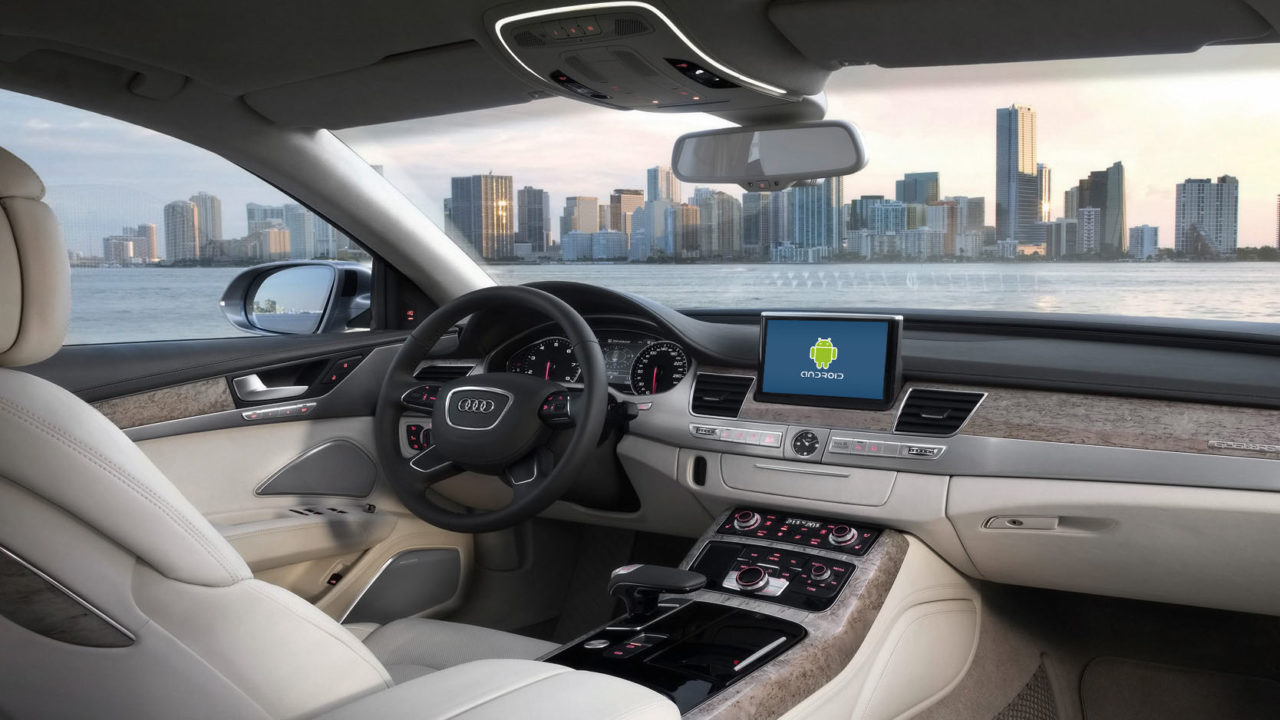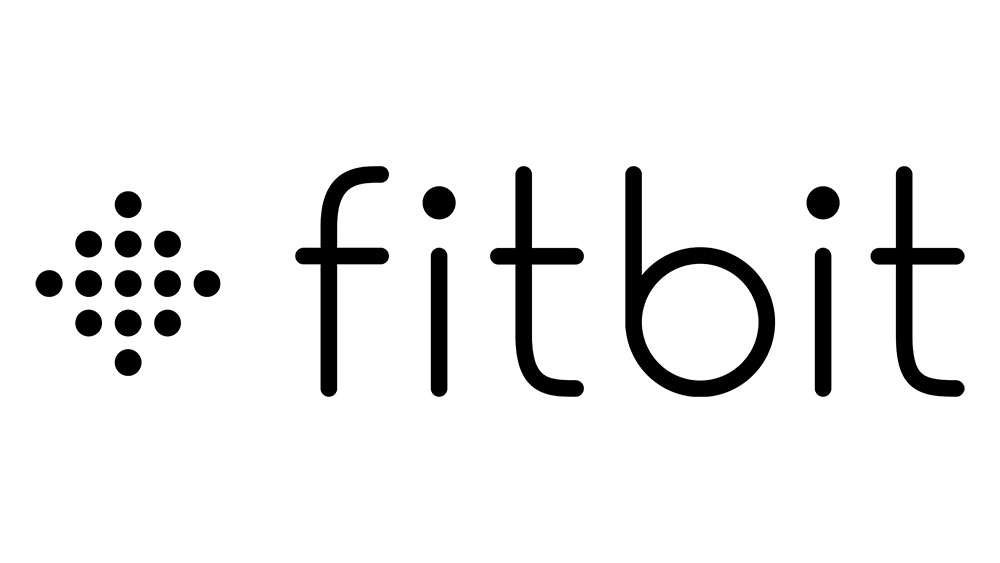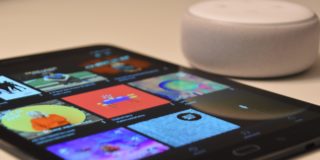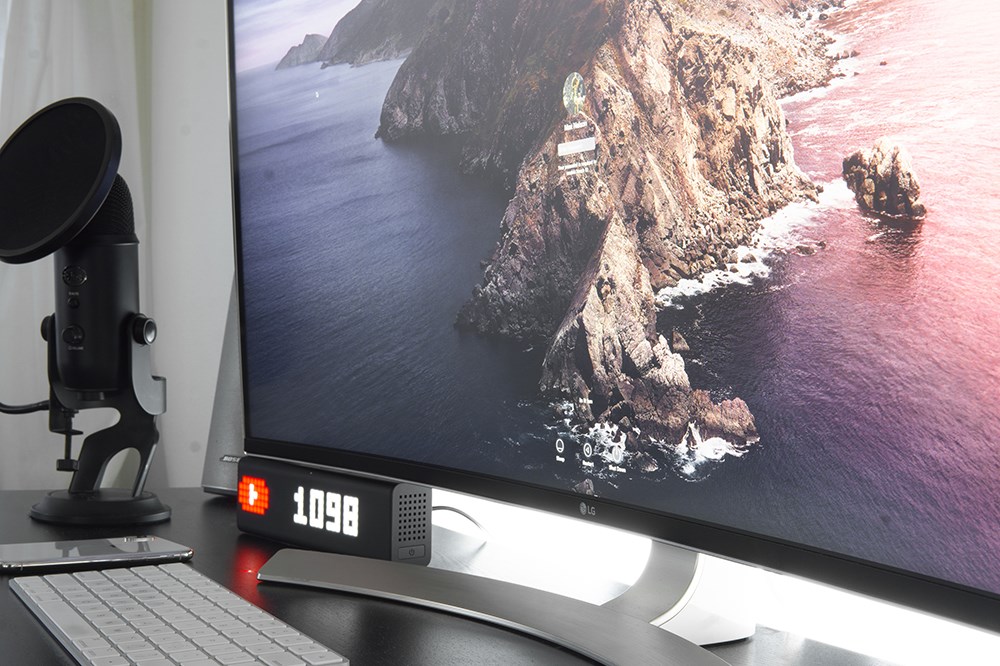Google Teaming Up With Audi to Unveil Android Car Initiative

Apple won’t be the only technology company making a play for auto integration next year. According to The Wall Street Journal, Google will partner with luxury auto manufacturer Audi to unveil an Android-based vehicle entertainment and information platform during the Consumer Electronics Show next week in Las Vegas. Sources report that the proposed system will let drivers and their passengers “access music, navigation, apps and services that are similar to those widely available now on Android-powered smartphones.”
Google’s reported Android Car announcement will be in direct response to Apple’s “iOS in the Car” initiative, first unveiled by the Cupertino company during its Worldwide Developers Conference in June. Characterized by CEO Tim Cook as a “key focus” for the company, iOS in the Car will provide deep integration between drivers’ iOS devices and their built-in car information and entertainment systems. Music, maps, Siri, contacts, messaging, and more will be available to vehicle occupants using a unified iOS interface. About 20 car manufacturers have expressed interest in supporting iOS in the Car, although it will only be available on a select few models from Honda and Acura at first, with broader support coming later in 2014.
With Google’s inevitable push into the same market, the in-car experience is quickly becoming the key battlefield for the next wave of mobile innovations. Gartner analyst Thilo Koslowski:
The car is becoming the ultimate mobile device. Apple and Google see that and are trying to line up allies to bring their technology into the vehicle.
Increasingly powerful and affordable ARM-based processors, the same ones that power the majority of smartphones and tablets, are letting technology firms and automakers alike introduce ever faster and more capable computing solutions in cars. The availability of Google’s freely licensed Android platform may give the company the same advantage it now enjoys in the broader mobile market. “We are starting to see an uptick of Android use in car makers, starting in Asia and working its way across the world,” Freescale Semiconductor’s Rajeev Kumar told The Wall Street Journal.
Another key difference between the implementations proposed by Apple and Google is the location of the primary computing. While both projects are still in development, Apple’s current strategy calls for the majority of the processing to be performed on the iOS device, with the car’s built-in system merely acting as a display and control relay, whereas Google is reportedly looking to partner with manufacturers to install its Android operating system directly on the car’s built-in hardware. The latter approach may introduce performance and implementation variations, but it would ensure that drivers could access the advanced mobile features even in the absence of an Android device. For iOS in the Car, if the driver lacks an iOS device, the system would default to the basic manufacturer’s interface and capabilities.
More information on Google’s plans should be unveiled at CES, which runs from January 7th through the 10th. As for Apple, expect to see iOS in the Car roll out on just a few models in the first half of 2014, with broader adoption later in the year.
















